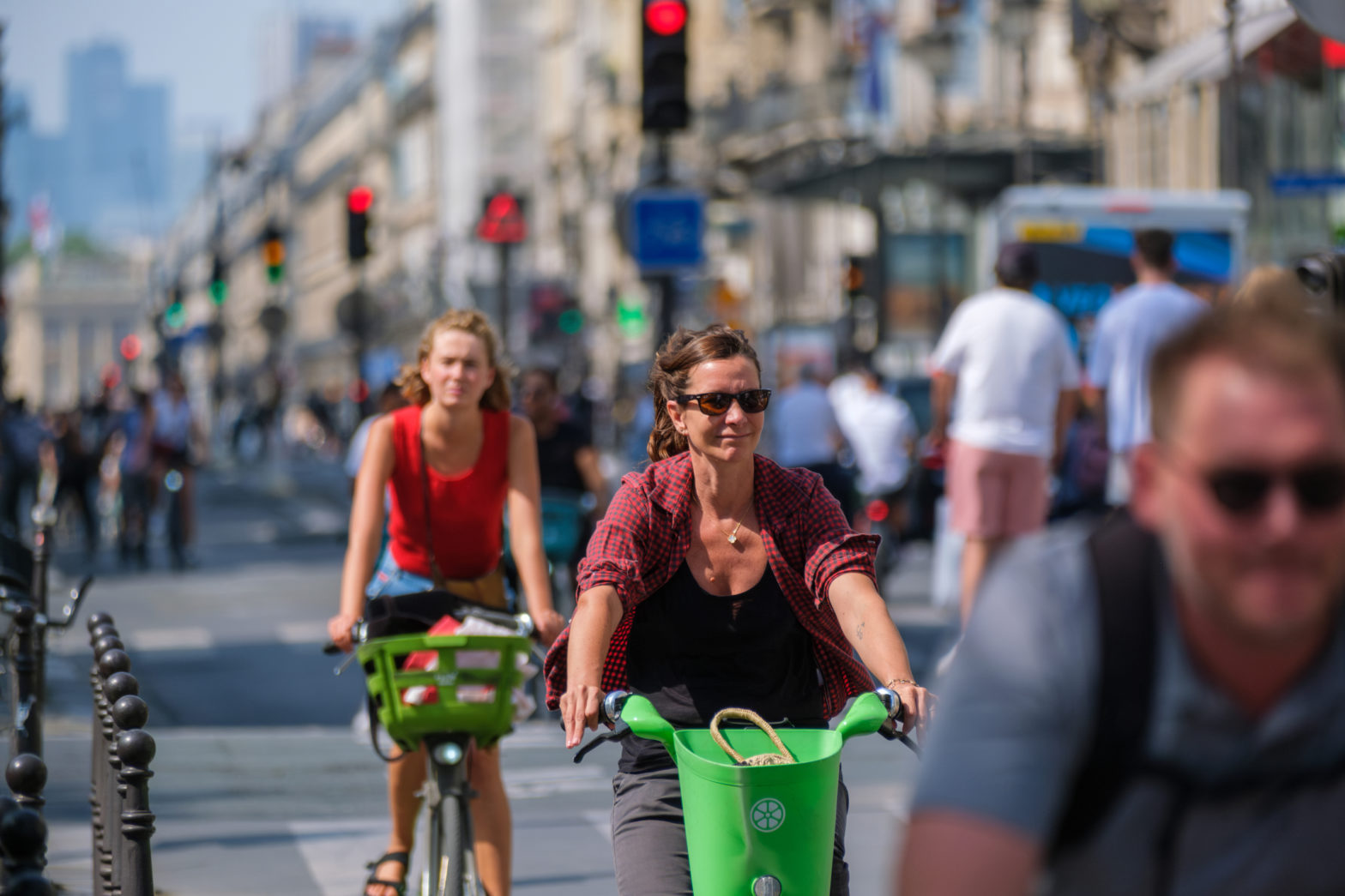
Photo: Bogdan Hoda | Dreamstime.com
UK city uses AI for personalised approach to tackling obesity
23 March 2022
by Sarah Wray
‘Eat less, move more’ is the simplistic advice often given about how to shed excess pounds. But most people who have tried to lose weight know it is rarely as straightforward as that.
A new programme in Leicester is using artificial intelligence to provide more personalised weight loss support for people in a bid to tackle obesity and its related risks. The team is creating a tool to be used by health practitioners that takes into account factors such as demographics, location, and social and environmental influences. The initiative will also inform wider policies and localised strategies to reduce barriers to healthy lifestyles.
The H2A programme is being delivered by De Montfort University Leicester (DMU) and Leicester City Council, bringing together experts in artificial intelligence, sports, psychology, nutrition and social care.
Half of adults in Leicester are overweight or obese, and childhood obesity is higher than national levels.
Several research studies show a link between obesity and deprivation. Leicester is ranked the 32nd most deprived local authority in England out of a total of 317, and 35 percent of the city’s population reside in the most deprived fifth of areas nationally.
The H2A initiative aims to drive changes such as increasing the numbers of children taking part in school sports and support the development of neighbourhood programmes to encourage more active lifestyles. Through analysing data, the researchers are also looking to find “hidden trends” across Leicester.
Professor Bertha Ochieng, Professor of Integrated Health and Social Care at DMU and lead for the project, said: “Our vision is to co-create with local communities and stakeholders to make physical activity and a healthy diet easier and promote healthy weight across our local population.
“During the project, we will develop an interactive tool to allow the study to target the areas and communities most in need and support the local public health practitioners whole systems approach to promoting healthy weight across the lifespan.”
Hidden connections
The H2A team has access to datasets including health deprivation statistics, pollution levels, physical activity, health authority information, average weight, sports and wellbeing data broken down by postcode and Sports England studies. It includes hundreds of thousands of data points with multitudes of features within them.
Dr Ioannis Kypraios, Associate Professor in Artificial Intelligence and co-principal investigator of the project at DMU, told Cities Today: “This big data is ideal for machine learning artificial intelligence to be able to understand the connections between the different features and then find these hidden trends that exist across all the different datasets, and use it to empower the practitioners.”
He added: “Normally these kinds of data are completely unrelated and now we are bringing them all together.”
The project is at an early stage but it could show trends related to age, employment status, air pollution or consumption of takeaway food, for example. The tool could also inform the placement and promotion of services such as shared bikes.
An AI model that can predict the minimum changes needed in an individual’s lifestyle will be incorporated into the digital app.
“This approach can be scaled up to wider communities nationally,” said Kypraios.
The H2A programme is the latest project in DMU’s Local+ programme, a joint scheme through which academics become consultants for the authority, applying their own and others’ research into key projects.
Professor Ivan Browne, Director of Public Health at Leicester City Council, commented: “The past two years have been particularly challenging ones for Leicester. However, through these tough times, we have learned the importance of working collaboratively to tackle the health challenges that we face as a community. The H2A lifestyle study is a major step in pulling together resources and expertise in the city to try to improve the health of all of us that live here.”
Image: | Dreamstime.com







